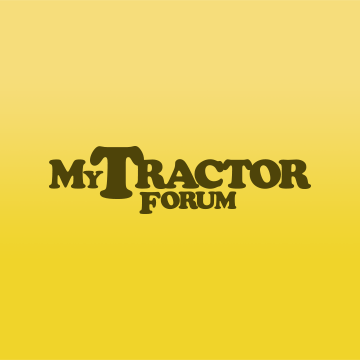Welding 1/8" to 1/4" Steel - Driveway Gate Hinges and misc... Beware, OP is a Novice
Update: I have not seen the hinges in months and just looked and measured them. They are actually 3/8" plates, not 1/4". That may change the welders mentioned below.
New to welding, apologies in advance for any noob questions or comments.
Installing a Driveway Gate and would like to weld the gate hinges to the gate post. The hinges are already welded to 3/8" plates. The Gate Post is a 4x4 x .120 thick (something slightly less then 1/8" is my guess. Typical chinese import steel dimensions). I have never welded but want to learn. After some research I think it makes sense to decide what is the best approach for a novice to weld the 1/8" gate post to the 3/8" hinges without burning through the 1/8". It seems that this should be a concern for a novice. Burning through the 4x4 Gate Post would be both frustrating and costly.
Would an inexpensive wire feed such as a HF Titanium 125 work? It states that the max thickness is 3/16" although some say 1/4" is not a problem. To be honest, I prefer not to spend $200+ for a welder.
Or, would a stick welder with ~150+ amps be better suited? I can wire up a 220v circuit if necessary to achieve good results. Again, my fear is burning through the 1/8" steel and from what I read, stick welding takes more finesse. However, it seems that the price per amperage out is less with a stick. More power for the buck so to speak.
One stick welder possibility is the Yeswelder Arc 165 Amp. (Probably the Yeswelder Arc 205 Amp is beter for 3/8"? ) Its both 110 and 220 and states it can weld 1/4". But again, not sure if using a stick welder would create burn through issues for a novice. Would making a few passes with a thinner stick, not sure which one, alleviate that possibility?
Also, I have a few other projects that use various metal thicknesses from .090 to 1/4". Installing, welding, the driveway gate is the most important though.
Suggestions on welders and whether to buy a wire feed or stick are welcome. Please keep in mind that price is an issue and Im a beginner
Thank you!
Update: I have not seen the hinges in months and just looked and measured them. They are actually 3/8" plates, not 1/4". That may change the welders mentioned below.
New to welding, apologies in advance for any noob questions or comments.
Installing a Driveway Gate and would like to weld the gate hinges to the gate post. The hinges are already welded to 3/8" plates. The Gate Post is a 4x4 x .120 thick (something slightly less then 1/8" is my guess. Typical chinese import steel dimensions). I have never welded but want to learn. After some research I think it makes sense to decide what is the best approach for a novice to weld the 1/8" gate post to the 3/8" hinges without burning through the 1/8". It seems that this should be a concern for a novice. Burning through the 4x4 Gate Post would be both frustrating and costly.
Would an inexpensive wire feed such as a HF Titanium 125 work? It states that the max thickness is 3/16" although some say 1/4" is not a problem. To be honest, I prefer not to spend $200+ for a welder.
Or, would a stick welder with ~150+ amps be better suited? I can wire up a 220v circuit if necessary to achieve good results. Again, my fear is burning through the 1/8" steel and from what I read, stick welding takes more finesse. However, it seems that the price per amperage out is less with a stick. More power for the buck so to speak.
One stick welder possibility is the Yeswelder Arc 165 Amp. (Probably the Yeswelder Arc 205 Amp is beter for 3/8"? ) Its both 110 and 220 and states it can weld 1/4". But again, not sure if using a stick welder would create burn through issues for a novice. Would making a few passes with a thinner stick, not sure which one, alleviate that possibility?
Also, I have a few other projects that use various metal thicknesses from .090 to 1/4". Installing, welding, the driveway gate is the most important though.
Suggestions on welders and whether to buy a wire feed or stick are welcome. Please keep in mind that price is an issue and Im a beginner
Thank you!




